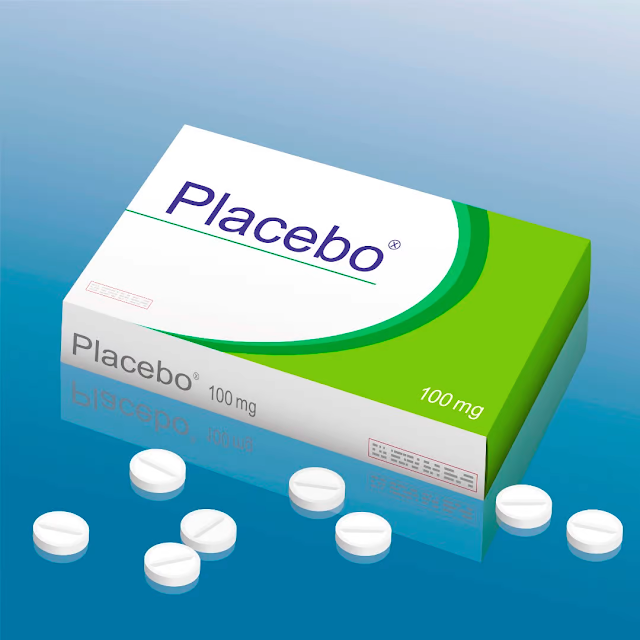Exploring Substance Use for Neurodivergent Individuals
By Jacob Maldonado
Jacob is a graduate student at San Diego State University, obtaining a Master's in Multicultural Counseling through the CBB program and an Advanced Graduate Certificate in LGBTQ+ Studies. Born and raised in San Diego, he received his Bachelor's in Psychology with minors in Queer Studies, Counseling, and Social Change, at SDSU. He is particularly interested in working in community mental health, specifically with individuals belonging to historically marginalized communities.
What is Substance Use?
While many relate substance use to addiction, recognizing the distinction is crucial for one’s approach to their health. Substance Use (Disorder) is a clinical diagnosis that covers a wide range of difficulties experienced by individuals who use substances. Addiction can describe a range of behavior/emotions individuals may experience in the context of their environment, with physical, emotional, or mental difficulties stemming from the addiction. The distinction between both should highlight the importance of the language used regarding substance use and other addictions amongst student populations. With this comes the recognition that not all addictive behaviors need criterion of a specific illicit substance to be recognized as an addiction, ie gambling, gaming, self-harming, etc.
What is Neurodivergence?
Neurodivergence is an emerging, nonclinical, term often used to describe differences in the brain and its processes through an alternative framework, rather than a traditional–pathologizing– medical/clinical model. Through identifying the brain's unique and individual differences, recognitions of various levels of cognitive functioning, i.e. executive function, fine motor skills, emerge as a continuum and spectrum. This allows for the reevaluation of said function level to fluctuate as individuals continue to live their lives, as well as self-identification through highlighting similarities amongst those who are experiencing neurological difficulties and issues as the impact varies in degree.
Neurodivergence and Co-Occurring Substance Use
Research on “neurodivergence” is sparse given the recency of its adoption into mainstream language in relation to SUD and Addiction studies. What can be substituted is research on specific diagnoses that fall under the umbrella term of neurodivergence such as ADHD, Autism, and AuDHD(Autism/ADHD co-occurring). What is known about individuals with ADHD, Autism, and AuDHD, shows the majority of risk factors are shared amongst cognitive/neurological disorders as well as substance disorders. Although having these shared risk factors, assessment for risk of substance usage is not standard to be screened in initial intakes of individuals seeking mental health support.
There is research suggesting substance usage as a tool, or coping skill, that students experiencing neurodivergent difficulties acquire as they learn to navigate environments in which they were not “made” to navigate. From providing easement into unmasking in public, to allowing individuals to filter stimuli and possibly their responses to over/understimulating situations, using substances is prevalent in emerging adults.
Recognizing the double-presence of risk factors to the issues mentioned allows space for open and truthful communication about the struggles in dealing with co-occuring issues.
For further support and exploration, please consider scheduling an appointment with a Health Services Mental Health Counselor. Health Services also offers a number of groups, including Recovery Support and Autism Space. Please call us at 760-795-6675, email us at mccshs@Miracosta.edu or stop by Building 14 room 14114 at the OC Campus or 913 at the San Elijo campus for more information.
References:
Haasbroek, H., & Morojele, N. (2022). A Systematic Literature Review on the Relationship Between Autism Spectrum Disorder and Substance Use Among Adults and Adolescents. Review Journal of Autism and Developmental Disorders, 9(1), 1–20. https://doi.org/10.1007/s40489-021-00242-1
Hartney, E. (2024, June 4). [Review of DSM 5 Criteria for Substance Use Disorders:How substance use disorders are diagnosed, by S. Gans]. VeryWellMind, 21926.
Kronenberg, L. M., Goossens, P. J. J., Van Busschbach, J., Van Achterberg, T., & Van Den Brink, W. (2015). Coping styles in substance use disorder (SUD) patients with and without co-occurring attention deficit/hyperactivity disorder (ADHD) or autism spectrum disorder (ASD). BMC Psychiatry, 15(1), 159. https://doi.org/10.1186/s12888-015-0530-x
Posada, D., & Hebert, J. (n.d.). Substance Use Disorders, Cognitive Dysfunction, and Neurodivergence in Emerging Adulthood [Abstract]. Symposium of Student Scholars, Kennesaw State University. Retrieved December 13, 2024, from https://digitalcommons.kennesaw.edu/undergradsymposiumksu/spring2022/presentations/226/
Singha, R., & Singha, S. (2023). Understanding Neurodiversity and Mindfulness: A Holistic Approach to Addiction in Professional Preparation Programs. In S. Jamanis & D. Vogler-Elias (Eds.), Advances in Higher Education and Professional Development (pp. 255–275). IGI Global. https://doi.org/10.4018/979-8-3693-0163-0.ch012
Sizoo, B., van den Brink, W., Koeter, M., Gorissen van Eenige, M., van Wijngaarden-Cremers, P., & van der Gaag, R. J. (2010). Treatment seeking adults with autism or ADHD and co-morbid Substance Use Disorder: Prevalence, risk factors and functional disability. Drug and Alcohol Dependence, 107(1), 44–50. https://doi.org/10.1016/j.drugalcdep.2009.09.003
Yule, A. M., DiSalvo, M., Biederman, J., Wilens, T. E., Dallenbach, N. T., Taubin, D., & Joshi, G. (2023). Decreased risk for substance use disorders in individuals with high-functioning autism spectrum disorder. European Child & Adolescent Psychiatry, 32(2), 257–265. https://doi.org/10.1007/s00787-021-01852-0




Comments
Post a Comment